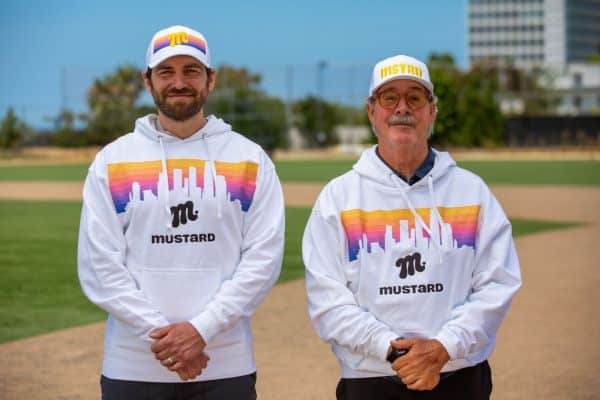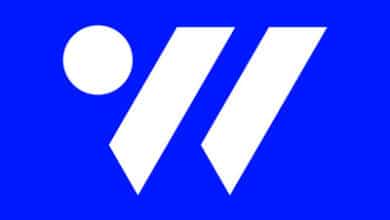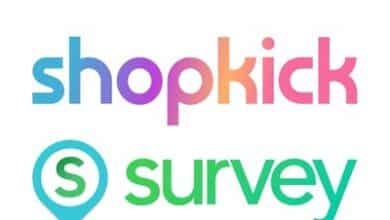Los Angeles-based sports training platform Mustard this week announced a $3.75 million round. Led by Lake Nona Sports & Health Tech Fund, this latest raise follows a $1.7 million round back in late-2020. This brings the firm’s funding-to-date up to $6 million.
New investors this time out are Mark Cuban, OneTeam Partners, Ronnie Lott, Justin Rose, the Major League Soccer Players Association, and the United States Women’s National (Soccer) Team Players Association. Existing investors include big-name athletes like quarterback Drew Brees and pitching legend Nolan Ryan.
There are so many young athletes out there who could be future Olympians, MLB pitchers, or high school state champions in whatever sport they’re passionate about. For me, that was football. Unfortunately, many young athletes lack access to the type of coaching I received. I believe Mustard truly levels the playing field, making elite training accessible and affordable for young, aspiring athletes, and I’m proud to support their mission.
Quarterback Drew Brees

Investors and timing
The expanded roster of investors comes as the firm looks to expand its coaching offerings beyond baseball. The root of its name (i.e. “put a little mustard” on a pitch). The list of additional sports includes golf, soccer, and football. Golf seems like an easy enough jump from baseball. Especially in terms of offering feedback to an athlete executing a move from a relatively stationary position. The company says part of the funding will go toward hiring additional team members to help them expand the offering.
“Our new investors bring force-multiplying experience and connections across all major American sports,” CEO Rocky Collis said in a release. “As we expand our platform to include additional major sports beyond baseball, athletes everywhere will be able to learn their personal recipe for improvement, regardless of their resources.”
What sets Mustard apart
Mustard’s sensor-free approach to data capture is what it hopes will set it apart from other offerings. Technology is a relatively low barrier of entry on this front. It uses a smartphone camera to collect the mechanics of a given movement through a team that includes a number of former Major League Baseball Advanced Media (MLBAM) employees. From there, the app offers feedback, in the form of a “report card.”



